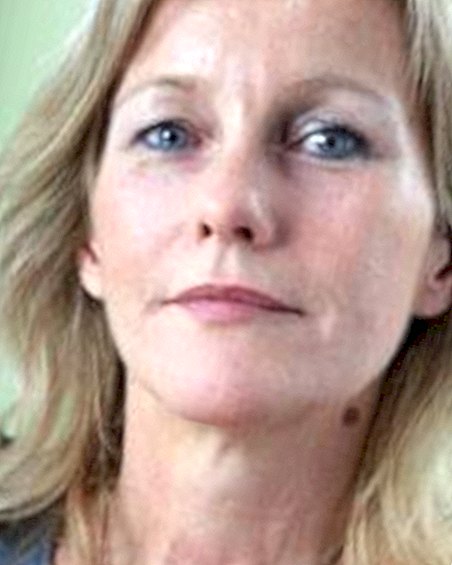Shell study: The Great Divide


Silke Baumgarten
Nearly 70 percent of all adolescents from socially disadvantaged families see their future as gloomy. 41 percent do not believe in ever implementing their professional aspirations. These young people are, for example, children of immigrants, but also adolescents of lone parents, who rarely arrive on the sunny side financially. Is that fair?
I find these numbers terrifying. On the one hand, they show how frustrated young people already are, if they do not have the right background. And on the other hand, they show that Germany is apparently still as impervious to educational opportunities as a steel wall. After all, boys and girls between the ages of 12 and 25 were interviewed for the Shell study. If an adolescent thinks she can not become what she wants because of her family of origin, there may still be something left. But when a 25-year-old has to realize: My future looks dark, I had no chance to make that out of me, what's inside of me, that's really bitter.
Can we afford it? What potential do we give away with this class thinking, how many talents do we squander! It makes me angry. Young people must finally be promoted individually and according to their abilities. We need schools that make sense before they select; Teachers who do not give grades by first name or marital status; Programs that tickle the best out of the kids. Approaches are: longer shared learning, individual support, sponsorships and initiatives that balance what some parents can not give their children. The 400 million euros which the Minister of Family Affairs, Kristina Schröder, wants to make available in addition to language support by 2014 can only be a start. A real integration not only of children with a migration background needs a concept. For me that is the central message of the Shell Study 2010? and the central task that we finally have to face.










